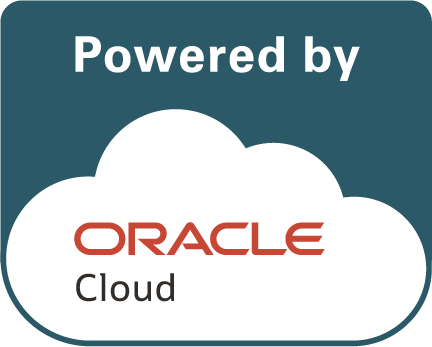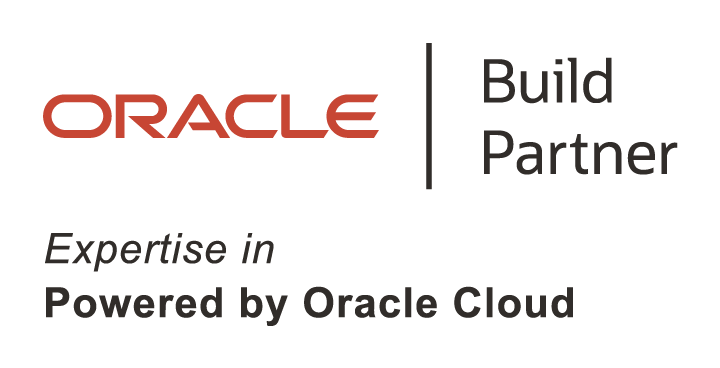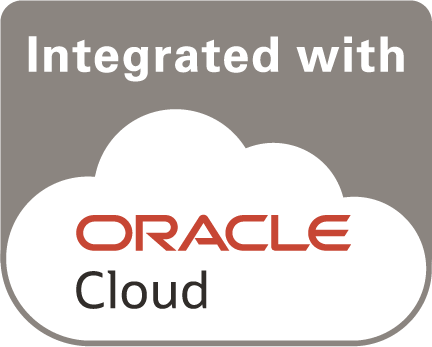Transform Your Accounts Payable with Mi Invoices
Mi Invoices is a cloud-based automated invoice processing platform that streamlines supplier invoice management from capture to payment.
Powered by AI and intelligent document recognition, it eliminates manual data entry, ensures compliance, and delivers full auditability.
Why Choose Mi Invoices?
🚀 Rapid Deployment
As a SaaS solution, Mi Invoices can be implemented quickly, helping your finance team realise value instantly.
🤖 AI-Powered Automation
Automatically capture, classify, and validate invoices with configurable rules and smart document recognition.
🌍 Flexible & Global
Supports multiple languages, currencies, and business rules — ideal for multinational organisations.
🔗 Seamless Integration
Enhances your existing Oracle Fusion Cloud or E-Business Suite, fitting perfectly into your source-to-settle process.
✅ Compliance & Control
Built-in audit trails and approval workflows ensure your processes meet governance and compliance standards.
Empower Your Finance Team
Modernise your Accounts Payable operations with automation that saves time, reduces errors, and boosts productivity.
For more information











.png)








